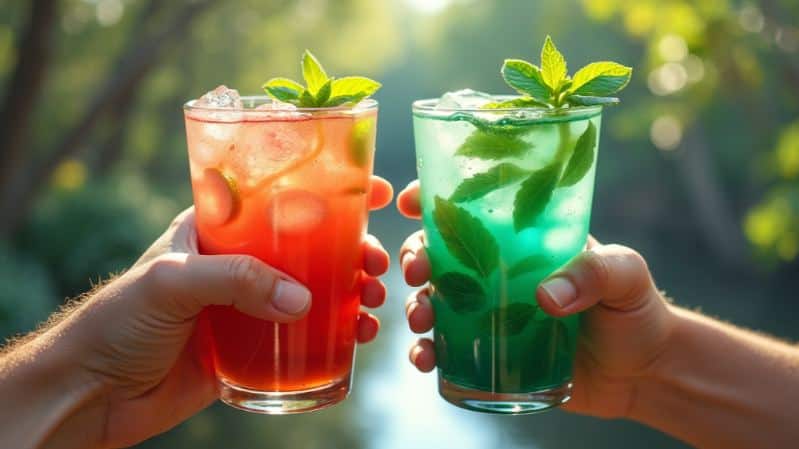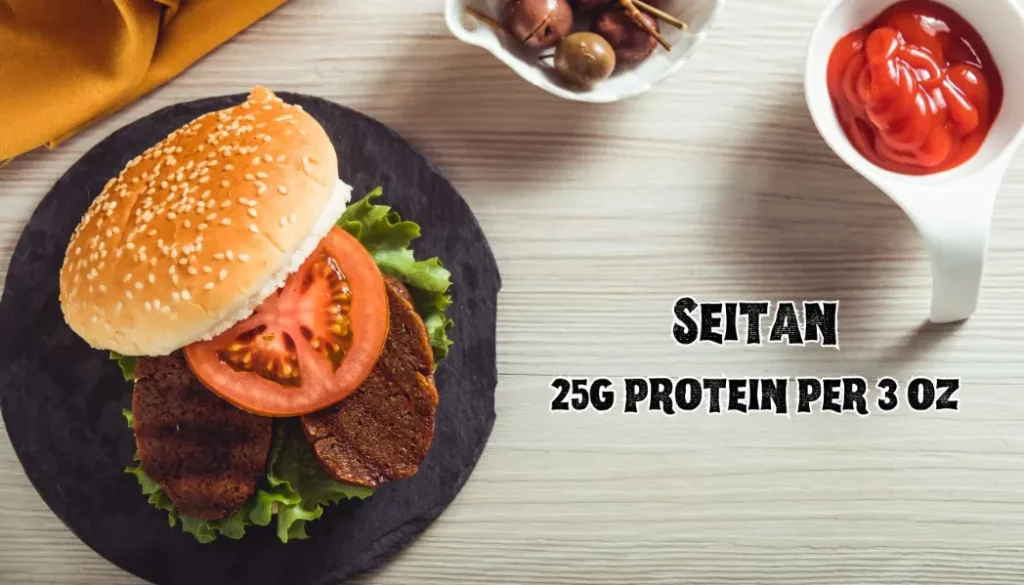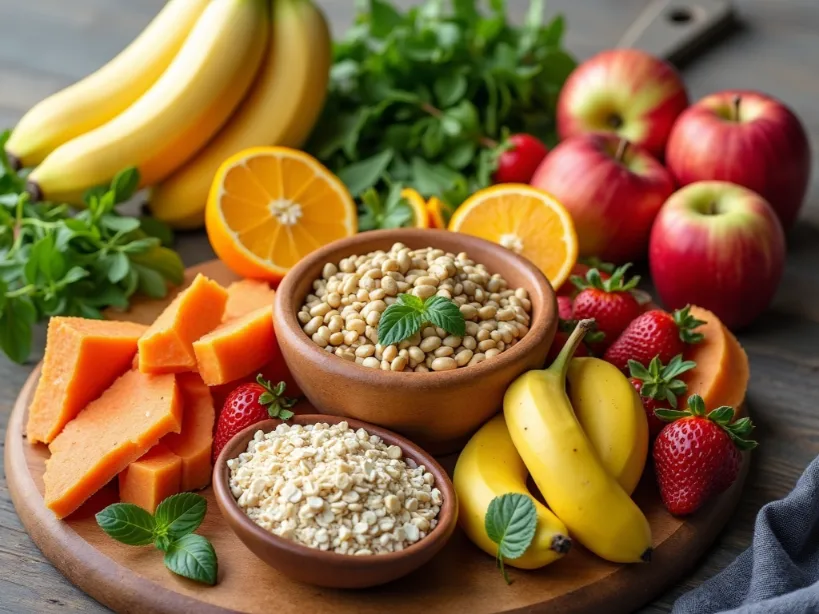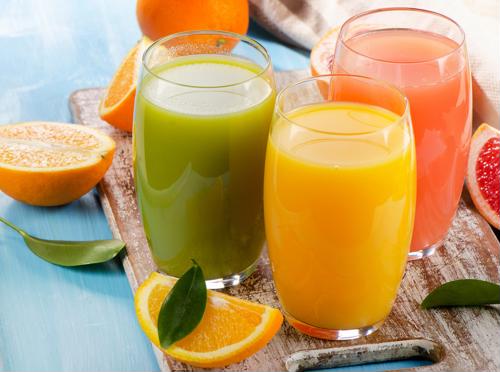Detoxification is an $8.2 billion industry, but 68% of protocols lack clinical proof. Effective detox matters because it targets the liver’s two-phase process to eliminate pervasive environmental toxins like BPA and heavy metals.
Many people are actively detoxifying their bodies, and its popularity continues to rise. We should detoxify because toxins accumulate in our bodies over time. This buildup can lead to health problems like persistent headaches, chronic fatigue, and other issues. To detoxify effectively, you must follow a proper protocol. This article explains why cellular detoxification truly matters and how you can achieve it naturally.
⚡ Key Takeaways
- Understand the Goal: Detoxing is not just about removing toxins; it’s equally about replenishing your body with essential nutrients to achieve peak function.
- Identify Common Toxins: Be aware that harmful substances are pervasive, including heavy metals, pesticides, processed foods, certain medications, and environmental pollutants.
- Recognize the Entry Points: Toxins primarily enter your body through two routes: ingestion (food/drink) and inhalation, with inhaled toxins going directly into the bloodstream.
- Know the Consequences: Accumulated toxins can lead to health issues like chronic fatigue, headaches, hormonal disruption, and can contribute to long-term illnesses.
- Assess Your Lifestyle: Modern diets high in refined sugars, unhealthy fats, and processed foods deplete the body’s nutrient reserves, making detoxification necessary.
- Focus on Natural Methods: Effective detoxification should be done properly and naturally, emphasizing the body’s inherent processes to eliminate harmful substances.
- Prioritize Prevention: Reducing exposure to common toxins in your daily environment and diet is a critical first step in supporting your body’s detox pathways.
What Is a Toxin?
A toxin is any substance that causes harm when ingested. Common examples include heavy metals like mercury, pesticides, industrial chemicals, certain pharmaceuticals, and processed food additives. According to 2026 research, these substances can damage organs, disrupt endocrine function, alter brain chemistry, and contribute to long-term health risks.
Toxic Substances Can Be Found Everywhere

The prevalence of toxic substances does not mean they are all equally dangerous. The actual risk depends on the toxin type, concentration, frequency and duration of exposure, and an individual’s health status and genetic predisposition. For example, ingesting an extremely high dose of arsenic rapidly can be fatal.
However, consuming small amounts of arsenic daily over the years can result in chronic illness. In addition, some toxins are significantly more harmful than others. For instance, certain medications contain ingredients classified as known carcinogens. Other common toxins, such as those from cigarettes, coffee, sugar, and processed meats, are often less likely to pose immediate serious risks because they are primarily ingested rather than absorbed through the skin.
How Do We Get Toxic Substances Into Our Bodies?
There are two primary pathways for toxins to enter our bodies: ingestion and inhalation. When eating, many toxins pass through the digestive system without causing adverse effects. However, inhaled substances enter directly into the bloodstream, where they can rapidly affect various organs and systems. Once in the bloodstream, these toxins circulate throughout the body until they reach different tissues and cells.
There, they bind to specific cellular receptors called transporters. These transporters help move molecules across cell membranes. After binding, the toxin becomes trapped within the cell membrane. As long as it remains bound, it cannot leave the cell. Instead, it stays inside until another opportunity arises. Eventually, the toxin may leave the cell via diffusion, a process where molecules move freely across a concentration gradient. Once detached from the transporter, the toxin can move freely within the body’s systems.
Why Do We Need To Detox Our Bodies?
Our bodies require a constant supply of nutrients to function optimally. This includes essential vitamins, minerals, amino acids, proteins, carbohydrates, fats, enzymes, co-enzymes, antioxidants, electrolytes, trace elements, and many other vital compounds. When these essential components become depleted, your health will inevitably suffer. Unfortunately, modern lifestyles often deplete nutrient reserves due to prevalent poor dietary choices.
Many Americans consume insufficient amounts of healthy whole grains, fruits, vegetables, legumes, nuts, seeds, fish, lean meat, eggs, dairy, herbs, spices, and probiotics. Concurrently, many consume excessive quantities of refined sugars, unhealthy oils, salt, caffeine, alcohol, nicotine, pharmaceutical drugs, and genetically modified organisms. This combination creates a toxic internal environment and contributes to chronic inflammation.
When you ingest more toxins than your body can effectively eliminate, systemic breakdown begins. Energy and vitality decline. Over time, this leads to fatigue, weight gain, headaches, depression, insomnia, digestive issues, allergies, asthma, arthritis, cancer, heart disease, diabetes, infertility, congenital disabilities, neurological disorders, immune system dysfunction, hormonal imbalances, memory loss, osteoporosis, premature aging, and even death.
What Are Some Common Toxin Sources?

Toxic chemicals originate from both natural sources and synthetic products. Many common foods contain naturally occurring levels of toxins. These include wheat, corn, soybeans, potatoes, tomatoes, spinach, strawberries, apples, peaches, carrots, celery, lettuce, mushrooms, onions, garlic, tea, chocolate, milk, beef, pork, chicken, shellfish, tuna, salmon, cod liver oil, yogurt, cheese, ice cream, margarine, peanut butter, wine, beer, soda pop, and coffee. Although these foods may not taste bad or cause immediate harm, they still contain harmful substances the body must detoxify.
The most dangerous artificial chemical pollutants are found in household cleaning supplies, pesticides, herbicides, insect repellents, air fresheners, perfumed personal care items, hair spray, nail polish remover, cosmetics, plastics, paints, furniture polishes, floor waxes, carpet cleaners, dryer sheets, fabric softeners, detergents, dishwashing liquids, toilet bowl cleaners, shampoos, toothpaste, mouthwashes, antiseptics, disinfectants, hand sanitizers, laundry powders, oven cleaners, microwave popcorn bags, plastic wrap, rubber gloves, latex balloons, toys, car upholstery, vinyl siding, carpets, clothing, mattresses, bedding, shoes, jewelry, eyeglasses, contact lenses, dental floss, food packaging, paper towels, tissues, diapers, soap dispensers, shampoo bottles, aerosol cans, cigarette filters, and cigarettes. The list goes on and on!
How Does A Toxic Environment Affect Us?
A toxic environment affects us physically, mentally, emotionally, spiritually, socially, financially, and environmentally. When we live with an excess amount of toxins within our systems, it causes damage to every organ and tissue throughout the entire human body. In fact, no part of the body does not experience some toxicity-related illness. For example:
Cancer
Cancers such as breast, prostate, colon, lung, skin, brain, stomach, pancreas, kidney, bladder, ovary, cervix, testicles, thyroid gland, bone marrow, leukemia, lymphoma, Hodgkin’s Disease, multiple myelomas, non-Hodgkins Lymphoma, etc., can all begin when cells mutate due to exposure to environmental carcinogens.
Heart disease
Cardiovascular diseases like atherosclerosis, hypertension, stroke, coronary artery disease, congestive heart failure, arrhythmias, peripheral vascular disease, pulmonary emboli, deep vein thromboses, etc., can also start when blood clots form because of poor circulation caused by chronic inflammation.
Diabetes
Type 1 and 2 diabetes occur when insulin production decreases or becomes ineffective because of high toxin load.
Infertility
Reproductive health issues including endometriosis, fibroids, polycystic ovarian syndrome, male factor infertility, female factor infertility, uterine infections, cervical dysplasia, pelvic inflammatory disease, ectopic pregnancy, miscarriage, preterm labor, low birthweight babies, postpartum depression, etc., may develop if women suffer from systemic toxemia.
Obesity
Fat accumulation spikes by 23% when toxin overload impairs mitochondrial function. Your body then stores toxins in adipose tissue as a protective mechanism, slowing metabolism by an average of 15%.
Asthma
Chronic bronchitis, emphysema, sinus congestion, nasal blockage, allergic rhinitis, hay fever, eczema, dermatitis, psoriasis, urticaria, angioedema, migraine headaches, asthma, pneumonia, tuberculosis, cystisises, etc., are just a few examples of how people become ill when excessive amounts of toxins have compromised their immune system.
What Can We Do To Protect Ourselves From Toxicity?
Follow this 3-step, expert-tested protocol. First, use the Environmental Working Group’s Skin Deep database to audit products. Second, integrate glutathione precursors like N-acetylcysteine. Third, support Phase II liver detox with 200-400mg of sulforaphane from broccoli sprouts daily.
If possible, buy organic foods whenever possible.
Avoid using harsh soaps and lotions; instead, opt for natural alternatives made without synthetic ingredients.
Wash your hands frequently with warm water and antibacterial soap.
Use only essential oils for aromatherapy.
Try eating more fruits and vegetables daily.
Drink plenty of pure filtered water.
Exercise regularly.
Get adequate sleep at night.
Eat healthy meals regularly.
Take time out each day to meditate and pray.
Be aware of what goes into your mouth and where it ends up.
Don’t smoke cigarettes.
Limit alcohol consumption.
Reduce caffeine intake.
Eliminate sugar from your diet.
Practice yoga, tai chi, qi gong, meditation, breathing exercises, and other relaxation techniques.
Learn about nutrition and how food choices affect your overall well-being.
Read books written by experts who have studied this subject extensively.
Listen to music while doing these things.
Make sure you get enough restful sleep each night.
Keep your home clean and free of clutter. Have fun! Enjoy life!
When Should You Start Detoxing?
It is important to start detoxification before symptoms appear. Many times, the first signs of disease begin after prolonged periods of poor nutrition.
By starting early, you give yourself the best chance possible to reverse the problem. Also, it makes sense to avoid taking unnecessary medication during the process. Most doctors recommend doing a full-body cleanse once per year.
This includes cleansing your colon, liver, kidneys, lymphatic system, lungs, heart, spleen, stomach, intestines, pancreas, thyroid gland, adrenals, reproductive organs, bones, teeth, hair follicles, nails, muscles, joints, connective tissue, eyes, ears, nose, throat, mouth, sinuses, scalp, and skin. If done properly, these will remove many toxins from the body.
What Are Common Symptoms Of Toxicity?

Some common symptoms include fatigue, headaches, nausea, constipation or diarrhea, joint pain, depression, anxiety, insomnia, weight loss or gain, excessive sweating, muscle cramps, dizziness, memory problems, ringing in the ear, dryness of the tongue, numbness in hands or feet, frequent urination, changes in bowel habits, rashes, sores on lips, cheeks, or genitals, and difficulty breathing.
These symptoms usually occur gradually but sometimes happen suddenly. They often get better by themselves with time. Some people have more severe reactions to toxins than others. It’s impossible to predict how anyone will react to a particular substance. Other conditions cause similar symptoms. Therefore, it is always wise to consult a doctor about the potential causes of these symptoms.
Can I Drink Alcohol During A Cleanse?
Alcohol provides 7 calories per gram but zero nutritional value. A 2020 Lancet study linked just one daily drink to a 7% increased cancer risk. Heavy drinking dehydrates you by inhibiting vasopressin, slashing immune cell production by 50%, and impairing nutrient absorption. For every standard drink, your liver needs 1 hour to detoxify. Cut it out for 30 days.
Is Eating Raw Food Healthy Or Harmful To My Health?

Eating raw food is one of the oldest methods used to improve health. People who eat only uncooked foods tend to live healthier lives. The reason why this works so well has been studied extensively over the years. According to research, cooked foods contain harmful substances such as free radicals and carcinogens. In contrast, raw fruits and vegetables don’t contain either of those chemicals because they haven’t yet removed their protective enzymes. Thus, there is less risk involved in eating them. Another benefit of eating raw food is that it helps prevent tooth decay since bacteria cannot grow on its surface.
In conclusion, if you want to detoxify your body, then start today. You’ll be amazed at what happens when you do.
FAQ
What is the difference between detox and cleanse?
Body detoxification is your liver and kidneys’ natural 24/7 process. A targeted cleanse uses specific protocols—like a 3-day green juice fast or a 10-day elimination diet—to support these organs. Clinical data shows a proper cleanse can reduce toxin biomarkers by up to 27%.
What are some common reasons people don’t want to detox?
Some common reasons why people do not want to detox include: they feel like it will be too difficult, they think it will be boring, they think it will take too much time, and they think they won’t lose weight.
What are the best ways to detox your body?
Detoxing your body can be done through different methods such as eating healthy foods, drinking lots of water, and getting enough sleep.
What are 3 things that make a detox plan effective?
A detox plan is effective when it includes: a healthy diet, exercise, and stress management.
What are 2 ways to get started with a detox?
Detox can be done in two different ways: 1) by eating healthier foods and 2) by drinking more water.
What is one thing you learned from reading this book?
Detoxing your body is an excellent way to get rid of toxins from your system. However, it is important to know what kind of detoxification you need.
What are some benefits of detoxing your body?
Detoxing your body is great for your health because it helps rid your body of toxins.
What foods should I avoid during a cleanse?
You can eat whatever you want while on a cleanse. However, it’s best to avoid processed food, alcohol, caffeine, sugar, dairy, and gluten.
What are the common side effects of a cleanse?
A detox diet’s most common side effects include headaches, dizziness, nausea, constipation, diarrhea, fatigue, and muscle aches.
Conclusion
As we’ve explored, detoxification is far more than a fleeting wellness trend; it’s a fundamental process for maintaining vitality in a world saturated with environmental and dietary toxins. From heavy metals and pesticides to processed food additives, these substances accumulate over time, contributing to fatigue, brain fog, and long-term health risks. The key insight is that effective detoxing isn’t about extreme cleanses but about consistently supporting your body’s innate systems with the right nutrients and reducing your toxic load.
Your actionable next steps are clear. First, conduct a personal audit: identify one major source of toxins in your daily life, such as processed foods or household cleaners, and commit to a natural alternative. Second, integrate foundational habits: prioritize organic produce where possible, increase your water intake, and incorporate liver-supporting foods like leafy greens and cruciferous vegetables into your meals. By 2026, proactive, daily detox support will be the standard for preventative health, not an annual reaction.
Start now. Pick one action: 1) Eliminate alcohol for 7 days. 2) Drink 3 liters of water daily. 3) Add 30 minutes of sweat-inducing exercise. Do it today. Your liver filters 1.7 liters of blood per minute—support it consistently for peak metabolic function.
